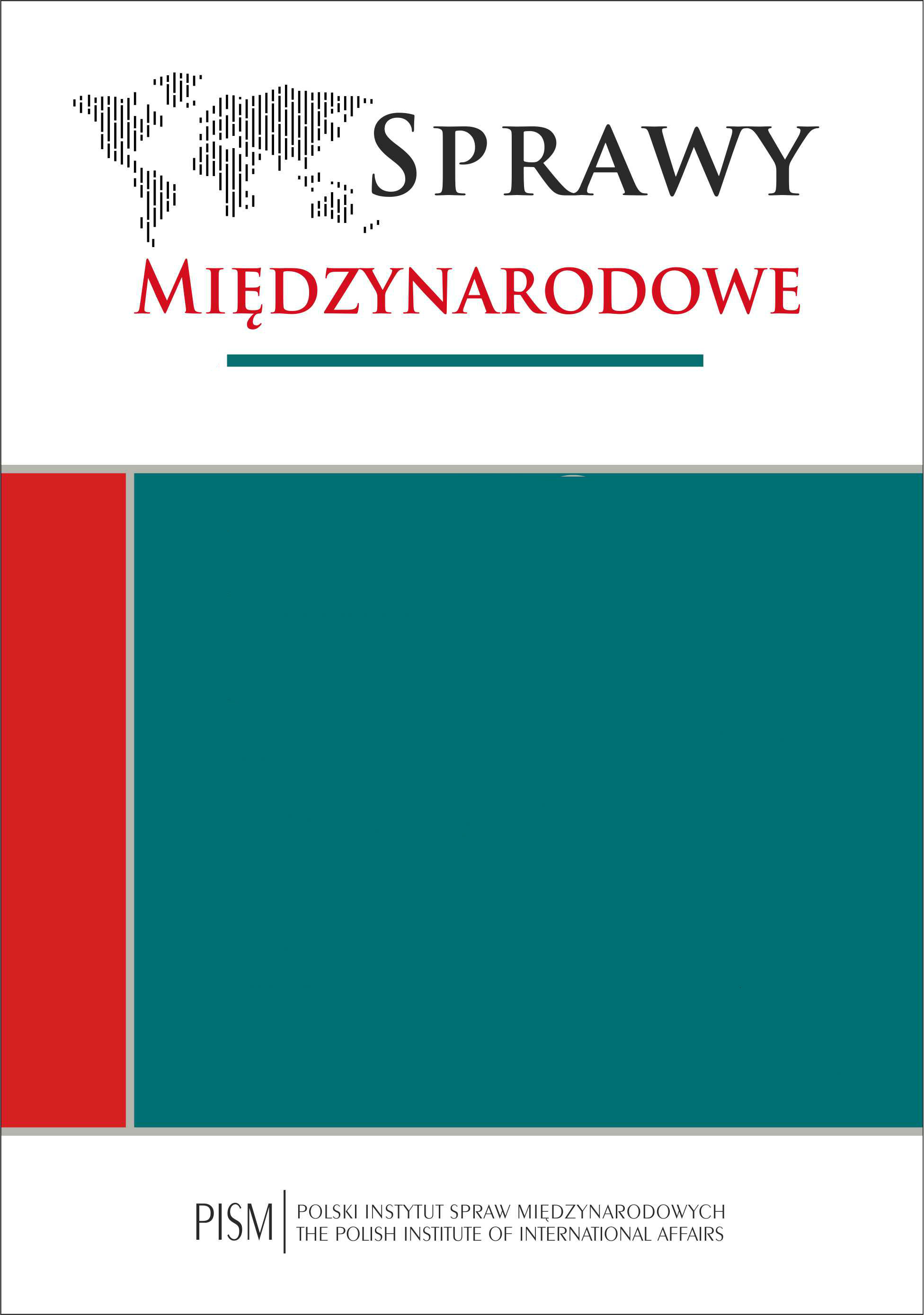Między Brukselą a Moskwą. Bezpieczeństwo Polski
Between Brussels and Moscow: Security of Poland
Author(s): Antoni Z. Kamiński, Bartłomiej KamińskiSubject(s): Politics / Political Sciences
Published by: PISM Polski Instytut Spraw Międzynarodowych
Summary/Abstract: What factors determine regional security of Central Europe? How does the map of democratization across the region shape regional security and what are its major contours? The article seeks to answer these and other related questions by first outlining framework and derive hypotheses and then testing them empirically. The article examines three dimensions of international security in the context of Europe: domestic politics with its resulting grand strategy; international order with its multiple components; and legacies of history. Empirical findings, based on international surveys and derived from measures, developed to assess democratization and the quality of governance, on the one hand, and policies pursued by Brussels and Moscow, on the other hand, offer the following picture: First, Europe is not a collection of states approaching each other as rivals but is bipolar—Russia perceives democratic states not as rivals but as foes. Second, two poles of Europe are opposites in fundamental respects—Moscow sees the world as a zero-sum game with democratization as threat to its survival while Brussels’ vision is more nuanced and less aggressive. Third, the border between two European worlds has been moving eastward following the end of Cold War in large part owing to activist EU neighborhood policy. Last but not least, the eastward shift in the border to include areas belonging to “another Huntingtonian civilization” indicates that the weight of the past can be overcome. This, in turn, suggests that investment by the EU in democratic change in Russia and former Soviet republics may yield positive results in terms of improving regional security. It seeks first to conceptualize links amongst them. Hence, it links democracy to a grand internationalist strategy seeking cooperation. States that adhere to this strategy create or participate in international arrangements built around trust and mutual respect. In contrast, at the other extreme, there are non-democratic regimes: their grand strategy is inward-oriented, statist and nationalist; their preferred international arrangements fall close to Westphalian world order with cooperation derived from overall patterns of conflict rather than patterns of cooperation on the basis of shared objectives. The last dimension: legacies of history are conceptualized in Huntingtonian “civilization terms” dividing Europe into Eastern and Western part with Moscow and Brussels depicted as their respective centers.
Journal: Sprawy Międzynarodowe
- Issue Year: 2012
- Issue No: 4
- Page Range: 7-30
- Page Count: 23
- Language: Polish

